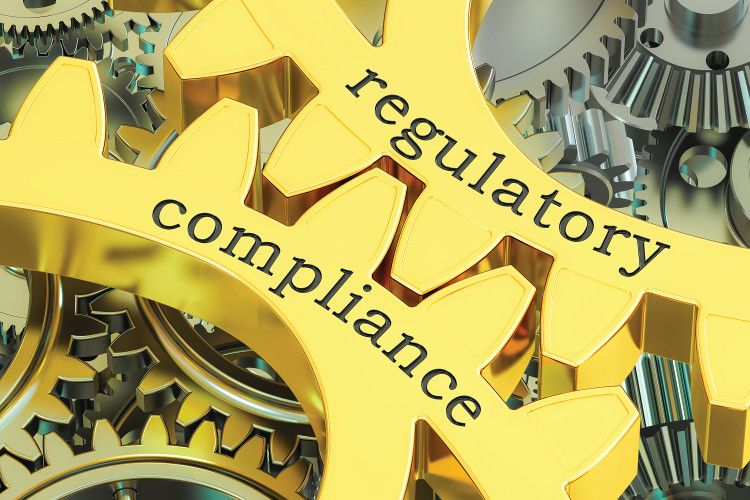FDA-compliant NDI notifications on the rise, AHPA says
AHPA says that NDI notifications compliant with regulatory requirements are up since this time last year.
Photo © Shutterstock.com/AlexLMX

The American Herbal Products Association (AHPA; Silver Spring, MD), which tracks NDI notifications in its AHPA NDI Database, announced that of the 21 NDI notifications FDA responded to between January 1, 2018, and May 31, 2018, 8 notifications were filed by the agency without substantive comment.
This data was analyzed and entered into AHPA’s NDI Database, which currently contains information on more than 950 NDI notifications. Information tracked in the database includes the original notification (minus any confidential proprietary information), FDA’s response, and a summary of these outcome statements.
FDA does not necessarily accept or reject an NDI notification; rather it will respond to a notification with any of the following responses: 1) Acknowledgement with no objection, 2) Acknowledgement with objection due to inadequate identity/safety data, 3) Notification did not comply with requirements (21 CFR 190.6), 4) Subject of notification is not a dietary ingredient/supplement.
While FDA acknowledged eight of these recent notifications with no objections, 13 had less favorable outcomes. Four notifications did not comply with notification requirements (21 CFR 190.6), seven received acknowledgements with objections of inadequate identity, one received acknowledgement with objection to safety, and one did not provide adequate basis for establishing that the NDI was a dietary ingredient.
Most companies that received a notification objection will likely be able to resubmit their notification after making changes, as FDA lists all the inadequacies of the notification for the submitter to address. For example, in its response letter to an NDI notification which FDA said was not able to establish that the NDI was a dietary ingredient, the agency said the company is not prohibited from resubmitting an amended notification. According to FDA’s response letter, because the firm was unable to prove the NDI is a dietary ingredient, FDA said it cannot provide any response as to whether there is an adequate basis of safety for the product and therefore FDA cannot determine the ingredient to be safe or unsafe, adulterated or unadulterated, and thus requires more information. In more unfortunate cases, FDA may determine that the NDI is not a dietary ingredient at all based on the information provided.
Other ingredients more predictably receive objections than others. For example, the NDI notification that received an objection to the ingredient’s safety profile was kratom, an ingredient that has been the subject of much regulatory controversy in recent years. According to FDA’s response letter to the recent kratom NDI notification, because the notification lacks evidence to support kratom’s safe use, any product containing the kratom ingredient would be deemed by FDA to be adulterated and prohibited from introduction into interstate commerce.
The Bright Side
In reviewing the success of these recent notifications, AHPA highlighted the fact that a majority of the NDI notifications submitted (17) were found to be compliant with technical filing requirements (21 CFR 190.6).
“This recent data show a significant increase in the percentage of compliant notifications compared to the numbers seen during the corresponding period in 2017,” said Merle Zimmermann, PhD, AHPA’s chief information analyst, in a press release. “These NDI notifications suggest that the supplement industry and FDA are effectively working together to accomplish the shared goal of bringing new, safe, and effective products to the market.”
Indeed, acknowledgements with objections that provide substantive comments allow firms to address inadequacies in their notification and enhances their ability to submit future notifications successfully. Incomplete notifications that have not complied with filing requirements per 21 CFR 190.6 are not evaluated by FDA for identity and safety at all.










